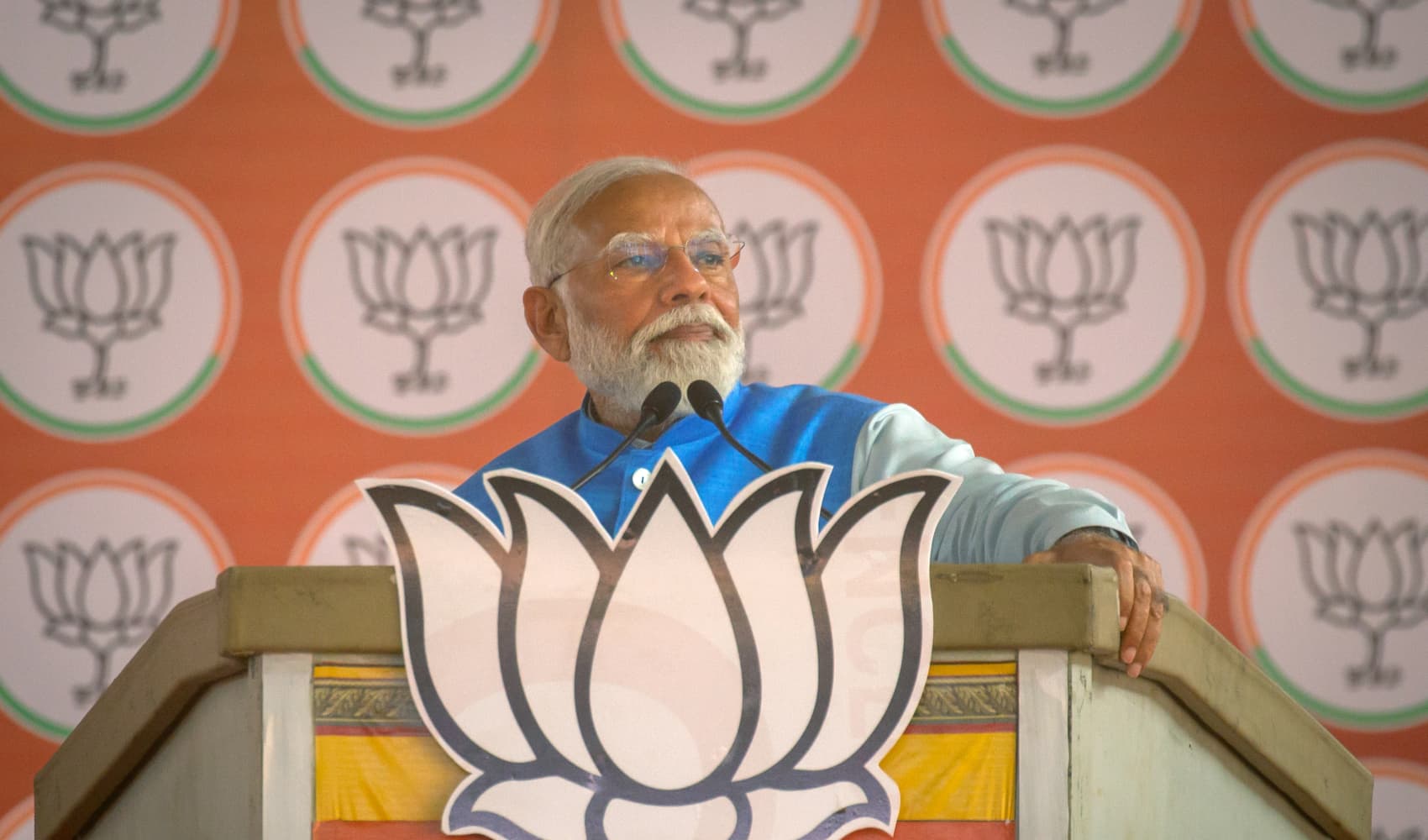
- Israel is in a cooling off period after weeks of intense protests.
- On Monday, Prime Minister Benjamin Netanyahu said he'll delay legislation that critics say would weaken the judiciary.
- Some CEOs are seriously concerned about what the turmoil means for businesses in Israel.
Israel is in a cooling off period after weeks of intense protests by vast segments of the population over a plan that would greatly weaken the country's Supreme Court.
On Monday, Prime Minister Benjamin Netanyahu said he'll delay legislation that critics say would weaken the judiciary: It would change the way Israel's top judges are approved; allow the Knesset (Israel's Parliament) to overturn Supreme Court decisions with a simple majority; and would prevent the court from judging many laws enacted by the legislature.
The uncertainty in Israel's political situation extends deep into the business sector. Large Israeli businesses get most of their revenue from the United States, Europe and Asia, because in terms of global economics, Israel is a small market. And most of Israel's neighbors have little or no trade with Israel.
Get New England news, weather forecasts and entertainment stories to your inbox. Sign up for NECN newsletters.
This month, ratings service Fitch warned that the courts controversy "could weaken Israel's credit profile." Moody's made a similar statement, saying "proposed changes could materially weaken the strength of the judiciary and as such be credit negative." So far, however, neither agency has changed Israel's credit rating.
What's the business risk?
"I'm in talks constantly with investors who want to know what the risk is," said Tomer Weingarten, CEO of cyber defense company SentinelOne. "It's become an environment where they're not sure they're comfortable operating."
Money Report
SentinelOne has 300 employees in Israel. It also has a venture capital arm that has been investing in the country. Weingarten says he may slow that flow of capital for "fear over what happens next."
Some Israeli businesses worry that questions around taxation, worker rights, investor rights and other big issues could be decided by a supreme court that's appointed by a right-wing government whose beliefs they don't share.
But the CEO of Neteera Technologies, a digital health company and CNBC Disruptor based in Jerusalem, disagrees. Isaac Litman has seen no impact on external investments, even as he acknowledges they're crucial to his company and Israel's economy.
"People are speaking in the heat of the moment, lighting kindling throughout the country, and that's led to major fires," Litman said. His company, which is not publicly traded, recently closed a round of funding, and the fight over the judiciary "didn't come up once."
Litman said he agrees that investors always have to evaluate risks, but he believes that concerns will be alleviated in six months. The current turmoil is "a stress test of sorts to startups and investors," Litman said, but "we are resilient, our economy and workforce is strong, and we can withstand this."
While he hasn't seen it yet, SentinelOne's Weingarten predicted that the political climate will prompt some of his employees to want to leave the country. "I will consider any request from any employee," he said.
Weingarten's big fear is an irreparable divide in Israel, a country where a great degree of unity was once seen as a given.
Risks for Netanyahu
Recent polls show two-thirds of Israelis are against the plan to change the judicial system.
Netanyahu said on Monday that he'll allow about a month for negotiations on the proposed legislation. However, that runs into the middle of Jewish holidays and the Knesset's spring break, followed by Israel's Memorial Day and Independence Day, which will be Israel's 75th.
All are traditionally times of unity, but according to David Makovsky of Middle East-focused think tank The Washington Institute, "barring major movement regarding a deal, that seems unlikely."

The economy has taken a serious hit from the political fight. The shekel has recovered from its lows, but it was down by 10% against the dollar in recent weeks. The Tel Aviv Stock Exchange is down 20% so far this year.
Makovsky told CNBC it all comes down to the prime minister's political survival.
"For things to get better, Netanyahu's poll numbers need to be in freefall" he said. Such a drop would make the prime minister push his right-wing coalition partners into a deal that's more aligned with the country's citizens at large.

There are signs that's starting to happen. A poll released on Monday indicated that if an election were held today, Netanyahu's Likud party would lose seats and be unable to forge a right-wing coalition like the one that exists now.
"If Netanyahu really wants to save the day, he may have to tell his partners to the right, 'You're leading us to hell,'" Makovsky said. "'If you want to stay in power, you have to be where the country is.'"
It's unclear, though, whether right-wing members of the coalition will agree to changes in their plan for the judiciary. If they don't go along, that could lead to the demise of this government and new elections — Israel's sixth in four years.






